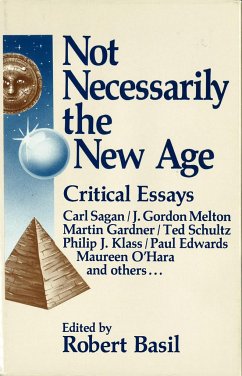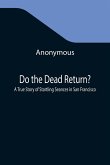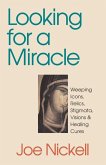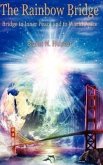The New Age movement had its origins in the youth movement of the 1960's, when the "Age of Aquarius" promised the coming of a new millennium. But this elusive, utopian state of affairs has yet to materialize, points out editor Robert Basil. Should we be surprised? More than 25 years after the counterculture discovered its first taste of a new spiritualism, the baby-boom generation - possessed of incredible social influence and buying power - is feverishly embracing the paraphernalia of "higher" consciousness: New Age books, magazines, catalogues, audiotapes, videotapes, seminars, physical and mental therapies, crystals, Eastern gurus, channeled entities, "socially conscious" investment services, and spiritual "supplies." In short, what used to be called "the occult" (which means "hidden") is occult no longer, nor is it confined to a lunatic fringe. Rather, as traditional, institutional religion has lost its power as an adequate guide to one's spiritual quest, belief in New Age phenomena has moved into the mainstream, becoming a major force in America's spiritual life. Although the New Age movement has taken on a veneer of precision by its prolific use of "scientific" terms, it does, in fact, represent a large-scale renunciation of science. And, because the scientific attitude toward the New Age often takes the form of immediate dismissal, New Agers claim that scientists lack an open mind about their experiences. Not Necessarily the New Age steps into the void between New Age nonsense and scientific disdain. With contributions by Carl Sagan, Martin Gardner, Philip J. Klass, Marc Medoff, J. Gordon Melton, and many others, this analysis and examination of the New Age is thorough, rigorous, and fair - and offers multifaceted and balanced explanations about a movement that, until now, has been far too slippery to be pinned down.
Hinweis: Dieser Artikel kann nur an eine deutsche Lieferadresse ausgeliefert werden.
Hinweis: Dieser Artikel kann nur an eine deutsche Lieferadresse ausgeliefert werden.








